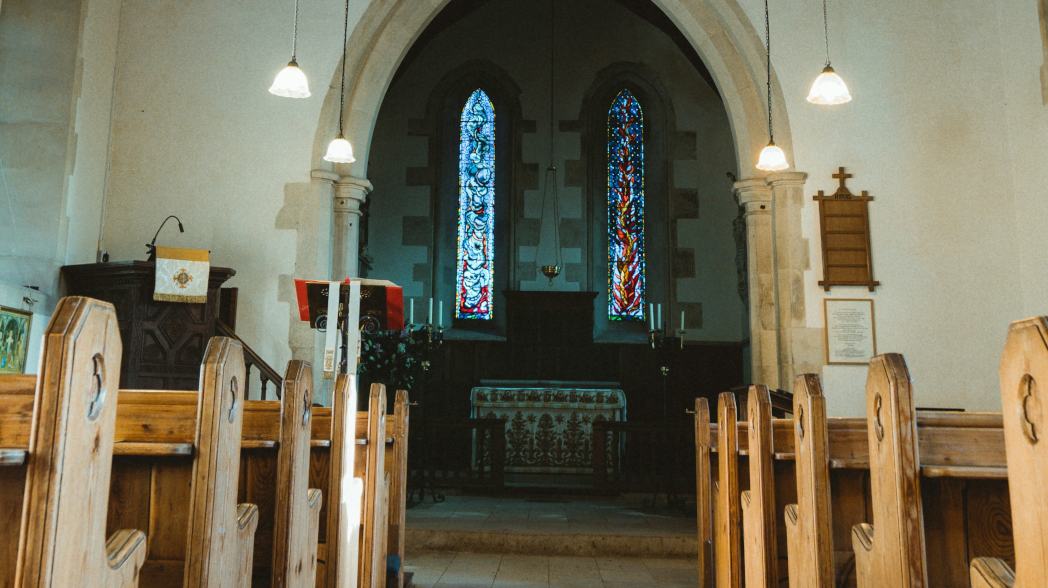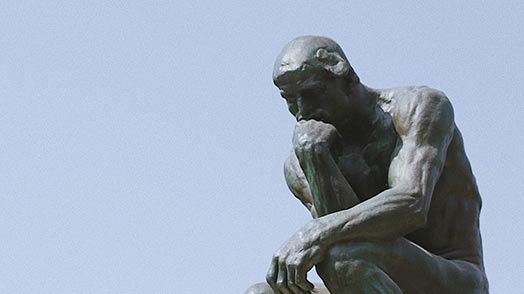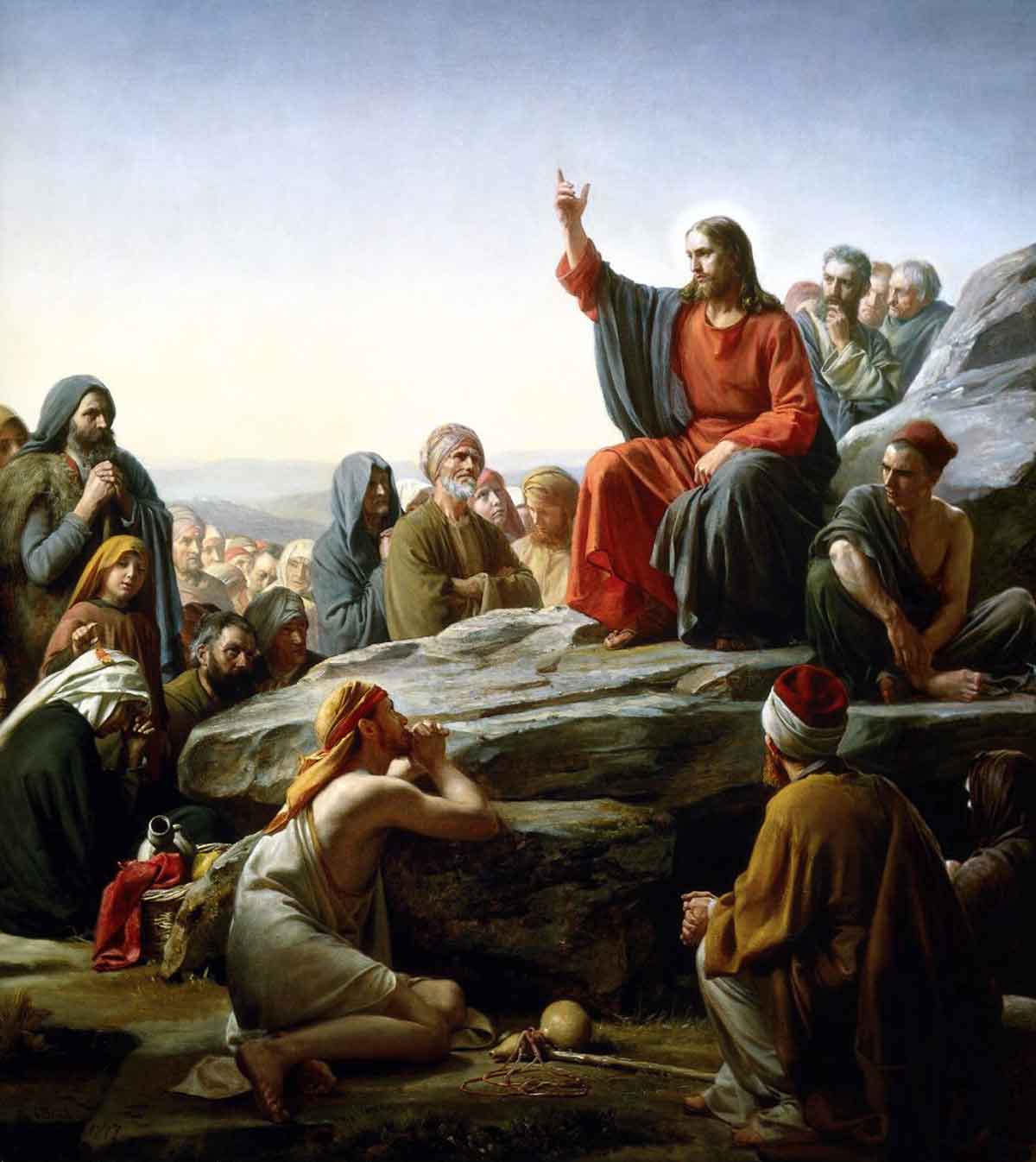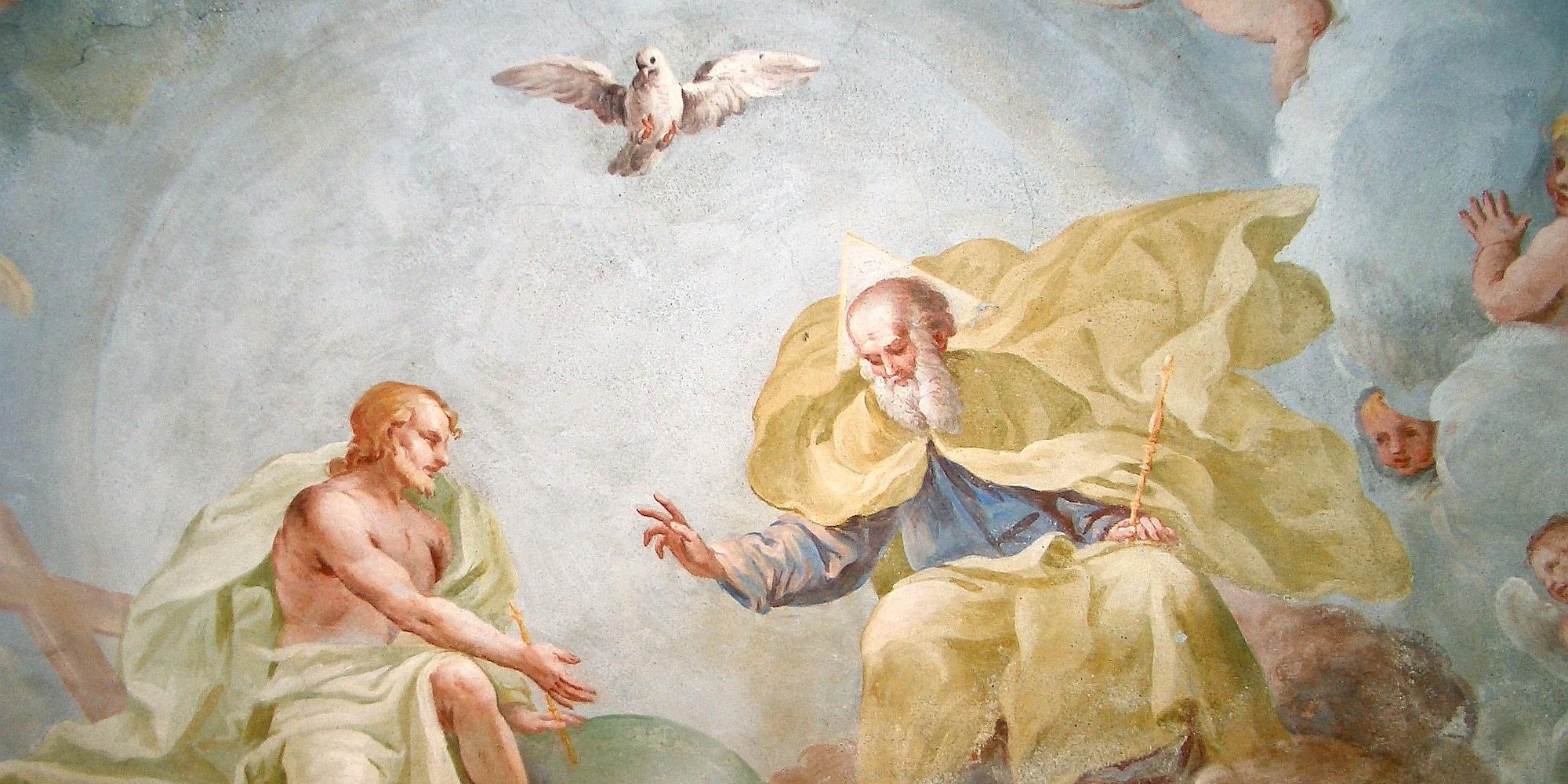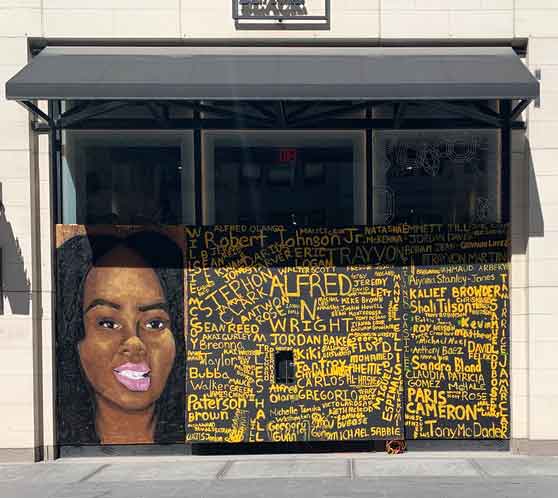By Br. McLean Bennett, OFM Cap.
During one of my first official years of formation to become a Capuchin, the other friars and I would attend Mass together every day of the week. We always did so in the same large chapel that was at the center of our formation campus.
The chapel’s front doors were quite large (and heavy), and I remember what it was like to walk through them at the end of each Mass.
“I’m walking out onto my altar now,” I’d tell myself as I walked through those doors and onto the concrete sidewalk outside. I liked to imagine that the whole world beneath my feet was now my “altar.”
The Mass I’d just participated in wasn’t really “over,” I’d think to myself; I was now simply living a continuous reprisal of that Mass, with every moment of the rest of the day an opportunity to experience and re-experience eucharist and sacrifice.
The whole world became my chapel, and every square inch of ground beneath me an altar on which I lived and gave up my life.
This idea began to change the way I looked at everything.
The Mass was no longer something I went to, nor was it something that simply lasted for an hour on Sundays, or thirty minutes on weekdays. Every moment of every day could become an occasion for worship, and everything I experienced in life could find some sort of connection to the Mass.
This was a helpful type of spiritual growth for me, but I encountered problems with it. Inevitably, I’d forget during the day about this wonderful idea that I was “on my altar.” The world that I had decided could remind me of God was always distracting me from God.
If I wasn’t careful, I could lose the sense of spiritual balance and bliss that I’d carried out with me after Mass in the chapel.
Encounters with others could become mundane daily interactions with people who needed something from me: My attention, a task or a job to do, an errand to carry out.
Even as I was learning to try bringing the Mass into my everyday life, I was finding that my everyday life kept preventing my doing so.
It wasn’t until I had a conversation about some of this with a spiritual director that I found a way to try overcoming the problem.
“Find God in all the things that distract you from God.” This was the message my spiritual director gave me, and I suspect there is a great deal of truth in it.
We don’t simply stop celebrating or attending Mass when we walk out of these doors. If we have encountered Jesus in the Eucharist, we can trust that he’ll go with us as we head off into our distracting daily routines.
And if Jesus the Eucharist is with us throughout our day, then every moment of every day can become an occasion to render a simple “thanksgiving” to God (this is exactly what the word “Eucharist” means, after all).
This remains true even if we find ourselves distracted from the sorts of spiritual thoughts that we might wish could stay with us throughout the day.
If a spouse, a child, a boss or co-worker, a neighbor or even a stranger demands of us an attention we’d have rather given to God, we can still find ourselves offering that attention to God, even if our attention seems aimed at the spouse, a child, a boss or a stranger.
Jesus in today’s Gospel is having a conversation with the Pharisees, who were bothered by the fact that Jesus’ disciples were picking grains of wheat and eating them on the Sabbath.
Jesus’ response was straight from the prophet Hosea: God prefers mercy over sacrifice. In a way, the merciful acts we show to others — the bits of our attention we pay to those who demand it of us, even when we’d rather not — become acts of sacrifice.
The moments we say a simple “thank you” to God during the course of the day — and we should be able to say “thank you” even in the midst of anything — become little echoes of the Eucharist we are about to share together this morning.
Let us be merciful to everyone outside these doors, and let us allow that mercy to become an extension of the sacrifice in which we now participate.
